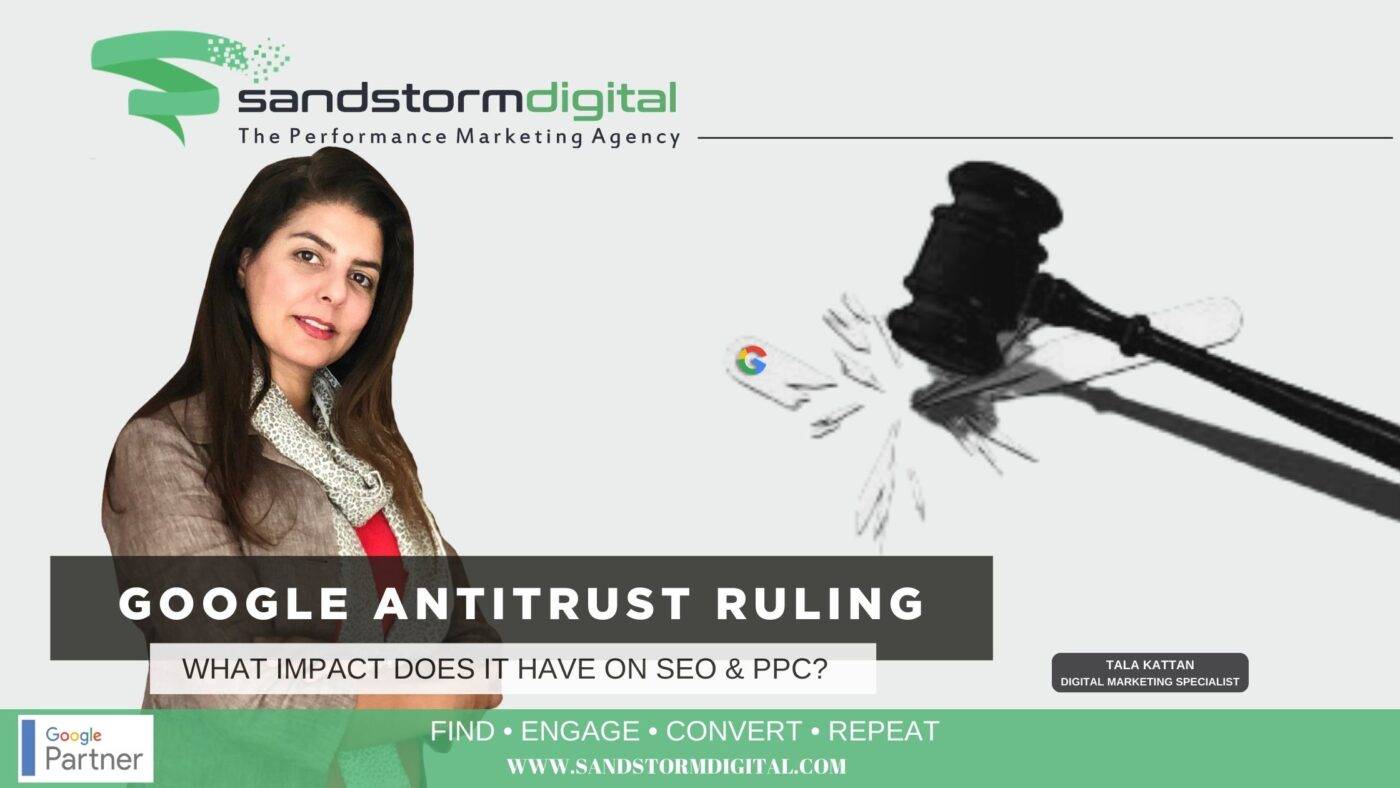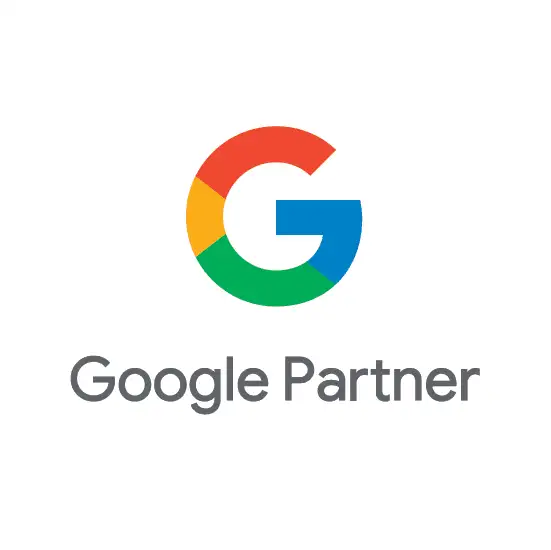In a landmark decision, Judge Amit Mehta declared Google guilty of monopolizing the online search and advertising markets, marking the culmination of a four-year Department of Justice (DOJ) lawsuit against the tech giant. This ruling has officially labeled Google as an illegal monopoly, a significant moment in the history of digital marketing. However, the big question on everyone’s mind is: What does this mean for SEO and PPC?
The Ruling: A First Step in a Long Process
The ruling against Google is only the beginning. The next phase involves a hearing on September 6, where penalties and potential changes will be discussed. These could range from restricting Google’s agreements with Apple and other device or browser makers to allowing more search engines to compete for prime placements. Another possibility is the breakup of Google into smaller entities, a move that could have profound implications for the digital marketing landscape.
While the full impact of the ruling may take years to unfold, early industry reactions suggest that this could be positive news for small businesses and search engine users alike.
Potential Impacts on Advertising Costs
During the trial, a Google ad executive admitted that the company had manipulated its ad auction process, potentially increasing prices by 5% for the average advertiser and up to 10% for certain queries. This revelation is significant, as it confirms that Google has been artificially inflating ad costs.
If the court imposes penalties that limit Google’s ability to control ad prices, we could see a reduction in the cost of Google Ads. This would be a short-term win for advertisers, but it’s worth noting that these benefits would extend to Google’s competitors as well, which could shake up the paid search industry.
The Rise of Alternative Search Engines
One of the most significant potential outcomes of this ruling is the increased importance of diversifying ad spend. If penalties are imposed that allow other search engines to compete more effectively with Google, small businesses may need to start investing in these alternatives to capture leads.
With more search engine options available, businesses will have the opportunity to reach new audiences and reduce their reliance on Google. This could lead to lower advertising costs across the board and provide more competition in the paid search market.
Impact on SEO: Uncertainty and Limited Change
When it comes to SEO, the impact of this ruling is less clear. The court’s decision is unlikely to result in immediate, substantial changes to organic search marketing. Google’s dominance in the search market is so vast that it’s difficult to imagine any short-term disruption that would significantly affect SEO strategies.
That said, the uncertainty surrounding the ruling could lead to shifts in SEO budgets and decision-making in the short term. Businesses may be more cautious about their investments in Google-related strategies as they wait to see how the situation evolves.
Key Takeaways from the Trial
The trial provided several key insights into Google’s operations. For instance, it was revealed that Google controlled 94.9% of mobile search queries in 2020, highlighting the sheer scale of its dominance. The court also noted that Google’s NavBoost ranking model runs on 13 months of click-and-query data—equivalent to over 17.5 years of Bing data. This massive data advantage underscores why Google has maintained its market position for so long.
Additionally, the trial documents revealed that Google has invested nearly $26 billion into exclusivity agreements, which rival the company’s core technology investments. This shows how critical these agreements are to Google’s business model and how a potential breakup could significantly alter the company’s operations.
What’s Next for Marketers?
For now, the best course of action is to stay informed and prepared for any changes that may come. While this ruling is a significant development, the full ramifications are still unknown. The appeals process could take months or even years, and it’s unclear what impact, if any, this decision will have on global regulatory decisions, particularly in the European Union.











